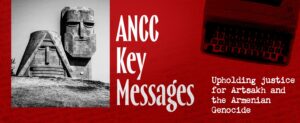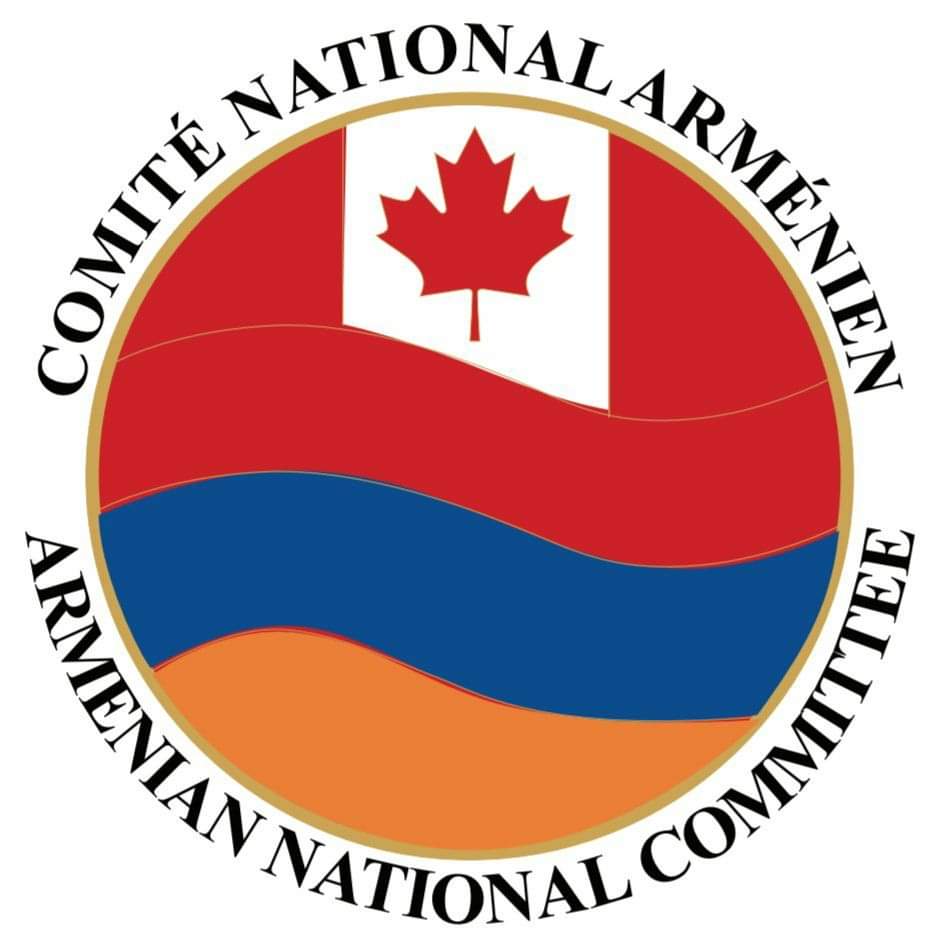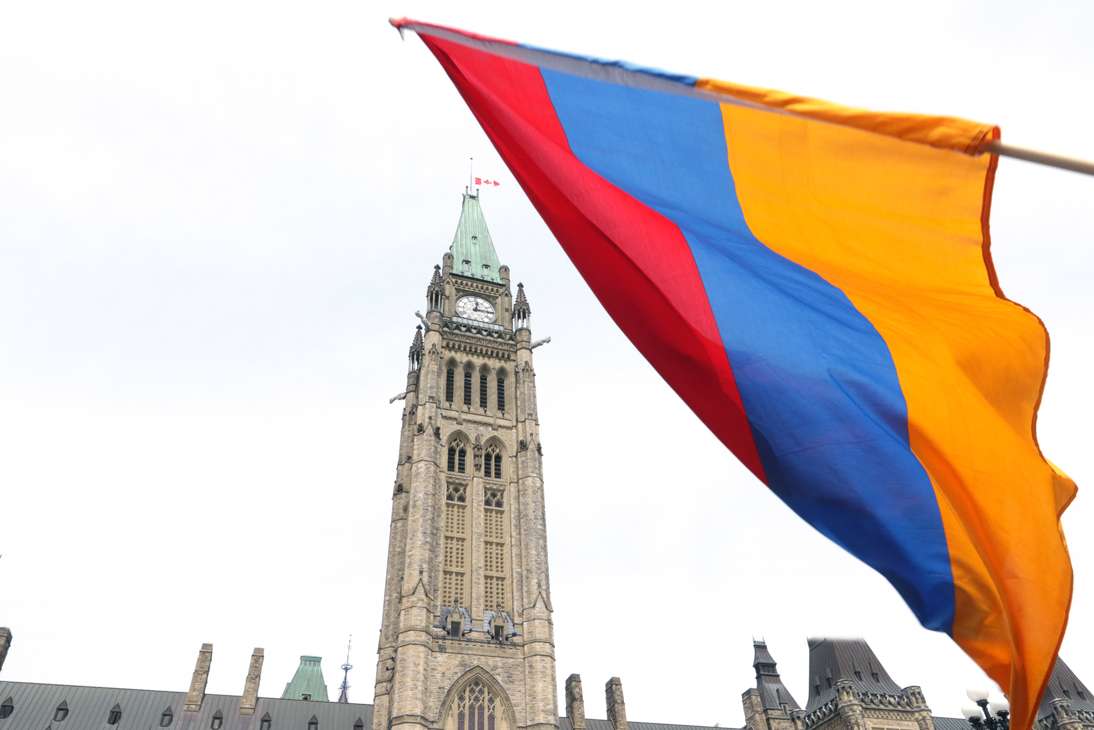
The Armenian Genocide & the Ongoing Crisis in Artsakh (Nagorno-Karabakh)
Quick Summary:
- 1915 Armenian Genocide: Over 1.5 million Armenians were systematically exterminated by the Ottoman Empire — the first genocide of the 20th century.
- 2020: In a new wave of violence, Azerbaijan forcibly displaced 120,000 Armenians from Artsakh (Nagorno-Karabakh) through a military offensive, siege tactics, and terror.
- Today (2025): Dozens of Armenians remain arbitrarily detained in Azerbaijan. Some face sham trials in violation of international law. These actions are widely recognized as a continuation of genocidal intent.
Key Messages:
On this anniversary of the Armenian Genocide, we remember not only the victims of 1915 but also the Armenians of Artsakh (Nagorno-Karabakh), who today are forcibly displaced by Azerbaijan’s genocidal regime.
- The systematic massacre of 1.5 million Armenians over a century ago was so horrific that a new word—genocide—was coined to describe it. Tragically, this atrocity became a precedent for future genocides, including the Holocaust. Despite solemn commitments to “never again,” Armenians once again face genocide through Azerbaijan’s actions, characterized by starvation, cultural erasure, historical distortion, and dehumanization.
- The Armenian Genocide is ongoing, perpetuated through Turkey’s denial, destruction of cultural heritage, and hate-driven persecution, particularly from Azerbaijan. By failing to address Turkey’s century-long denial and its accountability, we’ve implicitly allowed Azerbaijan to commit similar crimes without fear of consequences.
- Today, we still have an opportunity to secure justice for Armenians affected by recent atrocities in Artsakh. We must impose sanctions on perpetrators, demand the release of Armenian POWs and civilians, and support the safe return of Armenians to their ancestral homes. Unlike the irreversible tragedy of 1915, today’s genocide can still be confronted and reversed.
- Canada’s historical humanitarian response, notably exemplified by resettling the Georgetown Boys—survivors of the Armenian Genocide—highlights the importance of empathy and international solidarity. To honor this legacy, Canada should outlaw genocide denial, acknowledge historical truths, and actively promote human rights.
- As Azerbaijan continues threatening Armenian existence, we must clearly communicate to its regime that crimes against humanity carry consequences. Achieving lasting peace demands accountability, not appeasement. In an era marked by rising authoritarianism and minority persecution globally, prioritizing justice over political convenience remains essential to truly preventing genocide.
Resources to Learn More:
ANCC Priorities
- ANCC Policy Priorities https://anccanada.org/election2025/
History of the Armenian Genocide
- Genocide Education Project https://genocideeducation.org/background/brief-history/
Current Crisis in Artsakh
- Lemkin Institute for Genocide Prevention https://www.lemkininstitute.com/statements-new-page/on-the-one-year-anniversary-of-the-artsakh-genocide
Canada’s Role
- Canada welcomed Armenian Genocide orphans in 1923, known as the Georgetown Boys — the country’s first humanitarian refugee effort.
Learn more https://www.georgetownon.ca/the-georgetown-boys-how-canadian-citizens-rescued-armenian-children - Sara Corning https://www.corningcentre.org/about-us/
What You Can Do:
Demand Accountability
- The immediate release of Armenian POWs and civilians arbitrarily held in Azerbaijan
- Sanctions against Azerbaijan for human rights violations.
- Legal recognition and criminalization of genocide denial in Canada.



You must be logged in to post a comment.